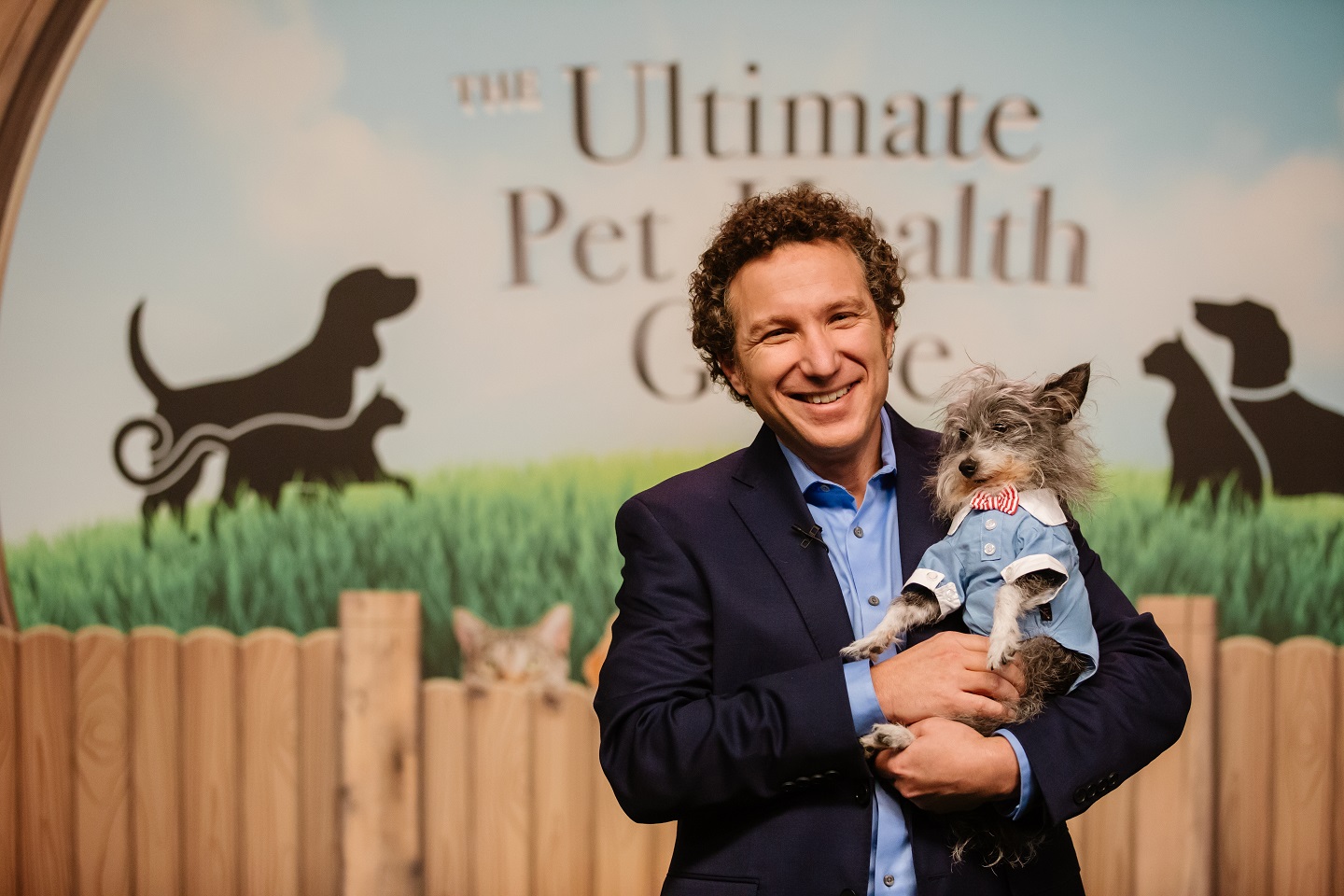Five Questions: Dr. Gary Richter of Ultimate Pet Nutrition
Glenn Polyn //August 1, 2021//
When and why did you start Ultimate Pet Nutrition?
After I released my book in 2017, The Ultimate Pet Health Guide, I realized that I wanted to do more. I wanted to help as many people as possible keep their pets healthy and happy for as long as possible – that all starts with proper nutrition. So, we created Ultimate Pet Nutrition to make it easy for people to provide the best nutrition for their pets with a line of advanced, scientifically researched products made with only the highest quality ingredients. I wanted to ensure that these would be products I would feel good about giving to my own pets and recommending to my veterinary clients.
What are dangers of poor pet nutrition?
Nutrition is the foundation of health. Without good nutrition, good health is very difficult to achieve. That is true for humans, and it is true for our pets. I cannot stress enough how many animal diseases, including cancer, are a result of a body that has been functioning at suboptimal levels for years, and nutrition is a key component of that. What pets eat every day contributes to how efficiently they confront internal and external stresses, prevent disease, and ultimately maintain the “vehicle” they live in. I always tell my clients that it is important that they do not wait until their pets are sick to think about their nutrition. I am so passionate about getting this message out that I created the very first pet health special for public TV on PBS called, “The Ultimate Pet Health Guide,” where I talk about the importance of optimal pet nutrition in helping pets live a long, healthy life.
How would you describe the importance of preventative care on pet health?
Preventative care is crucial to pet health and longevity. Once an animal already has a disease or illness, it is obviously much harder to get them back to good health. Unfortunately, preventative care is often lacking in conventional Western veterinary medicine. Conventional medical care is great when it comes to dealing with trauma, surgery, infection, etc. But for pets with longer term chronic problems, treatment options are far more limited, and sometimes the long-term side effects are almost as bad as the condition we are treating. Many of the diseases of older pets are preventable conditions representing the cumulative effects of years of poor nutrition—metabolic diseases such as diabetes, arthritis and premature aging. That is why I take an integrative approach to veterinary care that focuses on prevention and proper nutrition.
What do you consider to be an overlooked area of pet health?
One of the largest and most overlooked problems I see today among pets is obesity. According to the Association for Pet Obesity Prevention in 2018, 59.5 percent of cats and 55.8 percent of dogs were classified as overweight or obese. I have had longtime clients tell me that they were chastised by strangers for not feeding their “skinny dog” enough, when their dogs are perfectly healthy – it’s just that people have become so accustomed to seeing overweight dogs, that a healthy animal now appears undernourished. Overweight pets suffer many of the same maladies as those seen in people; diabetes (mostly cats), arthritis, joint pain and various chronic inflammatory ailments are all connected to obesity. But the great news is that we can solve the obesity problem in pets much more easily than we can with people because we are in total control of our pet’s nutrition.
Does being a veterinarian change the way you look at your own companion animals?
The short answer is yes, I am always monitoring my own pets’ general health, probably more than most. Having my own pets also influences the way I practice veterinary medicine. One thing I often do when I am giving advice to clients is to ask myself, “If this were my pet, what would I do?” When it comes to modern medicine, just because you can do something does not necessarily mean that you should – such as keeping an animal alive at the end of their life when they no longer have a good quality of life. I am also always asking myself, “What can I do to improve the quality of my pets’ life?” So, when it comes to new animal technology, I think about whether it is something that I would use on my own pets. If the answer is yes, then I am willing to use it on my clients’ pets.



















